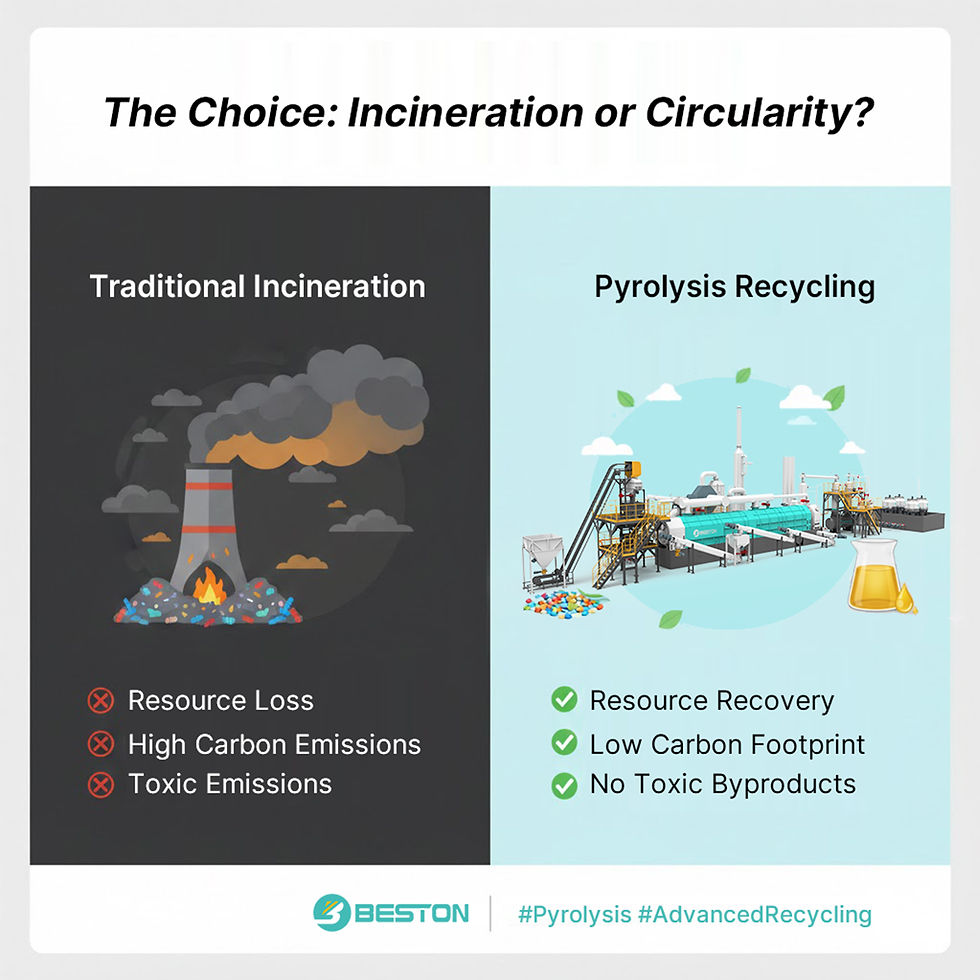How Can Communities Benefit from Local Charcoal Manufacturing Projects?
- lee784287
- 2024年3月27日
- 讀畢需時 2 分鐘
In the realm of sustainable development, the integration of local initiatives holds a paramount significance. Amidst this discourse, charcoal manufacturing projects stand as exemplars of localized solutions with far-reaching communal benefits.
Charcoal manufacturing machines catalyze the transformation of biomass into a valuable resource, wielding the potential to revolutionize communities on multiple fronts. From economic empowerment to environmental stewardship, the dividends are manifold.
At the heart of the matter lies the economic upliftment that charcoal manufacturing machines engender. By harnessing locally available biomass resources such as agricultural residues or forestry by-products, communities can generate a steady stream of income. This newfound revenue stream not only bolsters household finances but also fuels local entrepreneurship, fostering self-reliance and resilience.

Moreover, the deployment of charcoal manufacturing machine augments employment opportunities within the community. From machine operation to maintenance and distribution, a spectrum of job roles emerges, thereby mitigating unemployment woes and fostering skill development. This localized employment surge injects vitality into the socioeconomic fabric, curbing migration trends and nurturing a sense of belonging.
Beyond economic dividends, the environmental implications of localized charcoal manufacturing projects are profound. Traditionally, charcoal production has been associated with deforestation and habitat degradation. However, by harnessing sustainable biomass sources and employing efficient charcoal manufacturing machines, communities can circumvent these adverse impacts.
The adoption of efficient charcoal manufacturing machines minimizes waste and emissions, mitigating the ecological footprint of charcoal production. Furthermore, by utilizing biomass residues that would otherwise decompose and emit greenhouse gases, these projects contribute to carbon sequestration, thereby aligning with global climate mitigation imperatives.
In addition to economic and environmental gains, charcoal manufacturing projects foster community resilience in the face of energy insecurity. By decentralizing energy production, these initiatives insulate communities from external energy shocks and price fluctuations. Access to locally produced charcoal not only ensures energy security but also empowers communities to chart their energy future on their own terms.
Furthermore, charcoal manufacturing projects serve as catalysts for community cohesion and collaboration. The collective endeavor of establishing and operating such projects necessitates concerted effort and cooperation, thereby fostering social capital. As community members unite to address shared challenges and reap collective benefits, social bonds are strengthened, paving the way for inclusive development.
In the realm of public health, the ramifications of localized charcoal manufacturing projects are noteworthy. By providing an alternative to traditional biomass fuels such as firewood or crop residues, these initiatives mitigate indoor air pollution, a leading cause of respiratory ailments in many communities. Cleaner burning charcoal not only improves air quality but also reduces the burden on healthcare systems, thereby enhancing public health outcomes.



留言